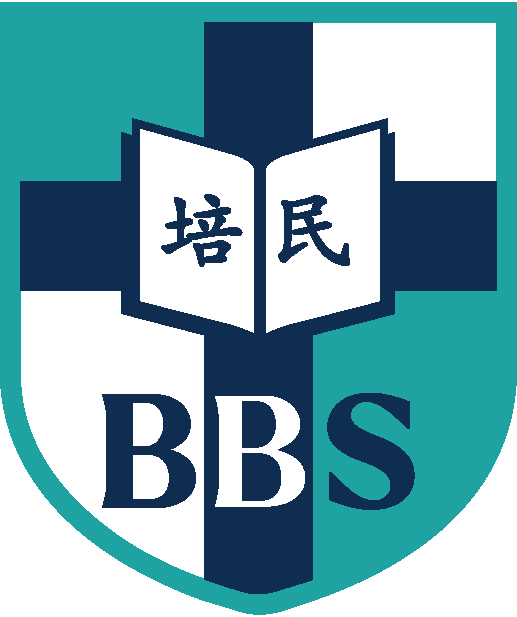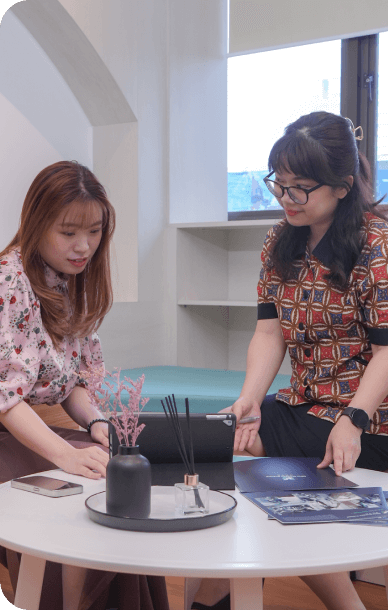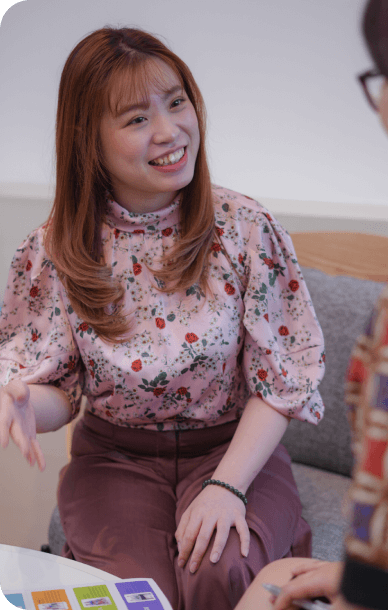Blending East And West Pedagogy at Bina Bangsa School
Another article explored how we combine Asian and Western education approaches in our learning here at BBS. But how do the two types of education differ fundamentally? And how do they influence the teaching styles of teachers in an environment that combines the two educational concepts?
The role of teachers in a student's learning experience cannot be underestimated, and it is crucial for parents to understand just how their children will be taught.
Firstly, let's look at the core values of Asian and Western education, respectively.
The main difference between the two approaches involves the student's perception of their role in their learning.

In the Asian learning system, standardised testing is a significant part of evaluating a student's success. This way, the core tenet of this approach heavily revolves around the idea that every student is equal and is given the same opportunities for learning as the next student. Hence, students are conditioned to view sheer effort and determination as the primary way to succeed academically. It is common in Asian culture to attribute an academic failure solely to the student or their parents.

Conversely, the Western approach does not place as strong of an emphasis on measuring academic success through standardised testing. Instead, students are encouraged to foster curiosity to challenge ideas through extensive student participation in discussions. Consequently, students see themselves as active participants in their learning, and academic shortcomings are instead attributed to the institutions that have failed to support their learning.
So, how does this translate into the classroom?

In BBS, our experienced teaching staff understand the importance of balancing the two approaches to maximise the potential of our students.
Philosophically, our strong roots in Chinese culture have influenced the way we approach teaching. Not only do we expect our students to succeed academically, but we also aim to help them build a strong character within themselves; one that is determined, hardworking, and selfless. Through various social work opportunities in BBS, students can grow as individuals and be of service to the communities around them.
At the same time, however, another essential part of our teaching philosophy is the constant thirst for improvement, and our teachers strive for students' feedback on classes or teaching materials. It is crucial to listen to student feedback to improve as educators, involve the students, and be active participants in the learning process.
Furthermore, we boast a lineup of teachers with culturally diverse backgrounds, which would provide them with the familiarity and wisdom to adopt a teaching style that combines the best of both the Asian and Western ways of teaching.
How to apply
All BBS campuses are taught by an international squad of qualified teachers from various backgrounds. BBS accepts applications for all its six campuses in Jakarta, Bandung, Semarang, Malang, and Balikpapan for Pre-School, Primary, Secondary, and Junior College education levels. Click here to find out how to apply






